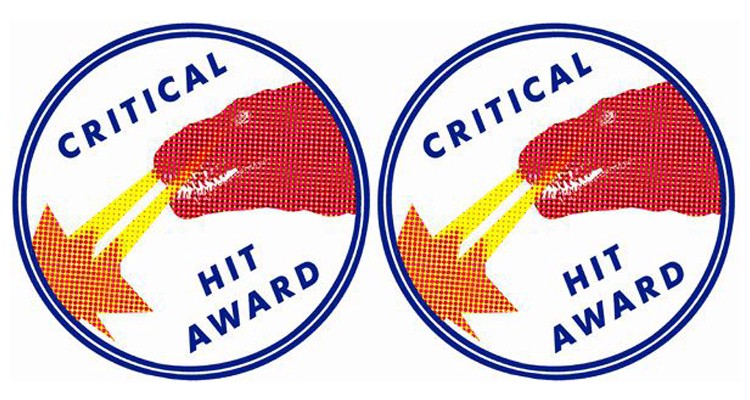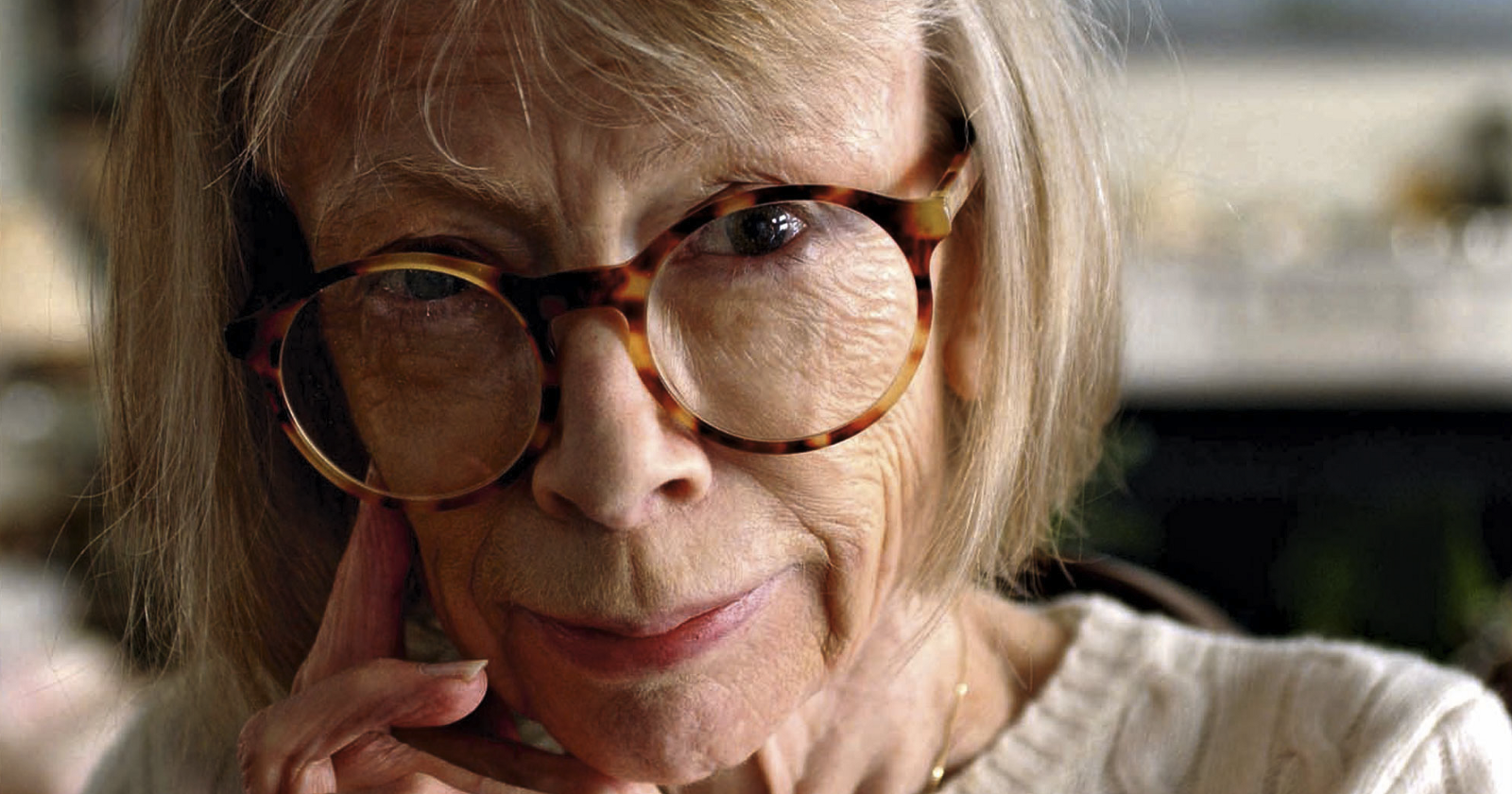Reading Lists
CRITICAL HIT AWARDS: November 2012

Welcome back to the Critical Hit Awards for book reviews. This is a round-up, a recommended reading list, and — why not? — a terribly prestigious and coveted prize. Nominate your favorite review of the month by tweeting it at @electriclit with the hashtag #criticalhit, or cast your vote in the comments section below.
Our guest judge this month is M. Rebekah Otto, Books Editor at The Rumpus.
As Parul Senghal pointed out in her excellent review of Ellen Ullman’s By Blood, the triangle is the “essential scaffolding” of literature. I would say the same is true of the great book review. A book review is a comfortable triad: author, reviewer, reader. There is structural integrity to this arrangement. Some reviews, of course, benefit one party more than another. And though we hate to admit it, reviews can sometimes be a self-serving exercise, serving the reviewer more than anyone else. A young writer can build his name by writing reviews, maybe before he has anything substantial to discuss. A well-received review of a high-profile book can cement a reputation. And of course, the review could just be a cloak for another argument the reviewer wants to make. Most reviews are not of this ilk, and just because something is self-serving doesn’t make it bad. The following reviews manifests the triangulation of a great book review.
Best Review-as-Soapbox
Authentic: The Politics of Ambivalence in a Brand Culture by Sarah Banet-Weiser
Reviewed by Paul Ford in Slate
Paul Ford is (rightfully) skeptical of the authentic/inauthentic debate that has raged for the last decade or two. First taking down Christy Wampole’s recent piece about our culture of irony in the New York Times Sunday Review, he then uses his review of Sarah Banet-Weiser’s academic study Authentic to assert his frustration at the terms of the endless deliberation. Though this review will not solve our consumerism conundrum, Ford accurately gleans the crux of the problem.
Best Genius-on-Genius Action
The Way the World Works by Nicholson Baker
Reviewed by John Jeremiah Sullivan in The New York Times Book Review
John Jeremiah Sullivan is settling, like cooling lava, into his deserved role of the unparalleled contemporary American essayist. In his review of Nicholson Baker’s latest book The Way the World Works, we’re treated to that delightful, curious thing: a genius writing about another genius. Sullivan pulls in earlier pieces to give a novice the meaty backstory of Baker’s work, from Vox to Double Fold. He reminds us why Baker is so great and manages, like any great critic, to exemplify his own ability to turn a phrase.
Best Reviewer Reveal
Hallucinations by Oliver Sacks
Reviewed by Laura Miller in Salon
Over at Salon, Laura Miller addresses Oliver Sacks’s widely hailed new book Hallucinations. Criticizing most pop science writing, Miller reminds us that Sacks deserves his role as everyone’s favorite idiosyncratic neuroscientist-cum-storyteller. (She also reveals experiencing hallucinations herself.)
Best Review of Not-A-Book
The New Aesthetic by James Bridle et al
Reviewed by Stephen Burt in The Believer
This is definitely cheating. But over at The Believer, Stephen Burt uses the review formula to review a “movement,” specifically James Bridle’s art movement “the New Aesthetic.”
Other Great Pieces
Anya Groner on Susan Straight’s Between Heaven and Here in The Los Angeles Reivew of Books:
“Suspenseful and lyrical, Between Heaven and Here is also a meditation, a book invoking more questions than answers. What happens when survival fails? How do we care for our dead?”
Chris Cantese on Chris Kraus’s Where Art Belongs in Make Magazine:
“And, in fact, it seems more fitting than ever―at a moment when the very notion of critique as a practical writerly comportment is coming under fire in academic and theoretical communities (see Marcus & Best, Latour, etc.)―that Kraus’s prose should derive its primary energy not from the sustained, analytic skepticism of the critical tradition, but rather from a kind of creative resonance, an exploratory non-fictional impulse set loose at the intersection of theory, history, memoir, and reportage.”
Kurt Armstrong on Marilynne Robinson’s When I Was a Child I Read Books in Paste Magazine:
“It’s clear from the tone of her book that Robinson strives to revive our personal and cultural spiritual sensibilities, something she does in her fiction as well.”
Read a good review lately? Nominate it for a Critical Hit Award by tweeting it at @electriclit with the hashtag #criticalhit or cast your vote in the comments section below.
***
— M. Rebekah Otto lives in Berkeley, CA. She grew up in Chicago. Her current interests include collocations, Fran’s Chocolates, and Abraham Lincoln. She’s the Books Editor of The Rumpus, and her work has appeared in The Believer, The Millions, The New-York Ghost and elsewhere.









